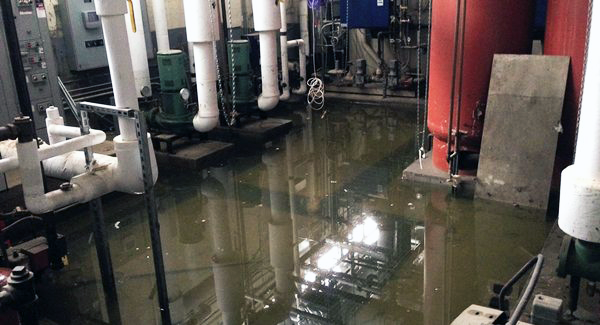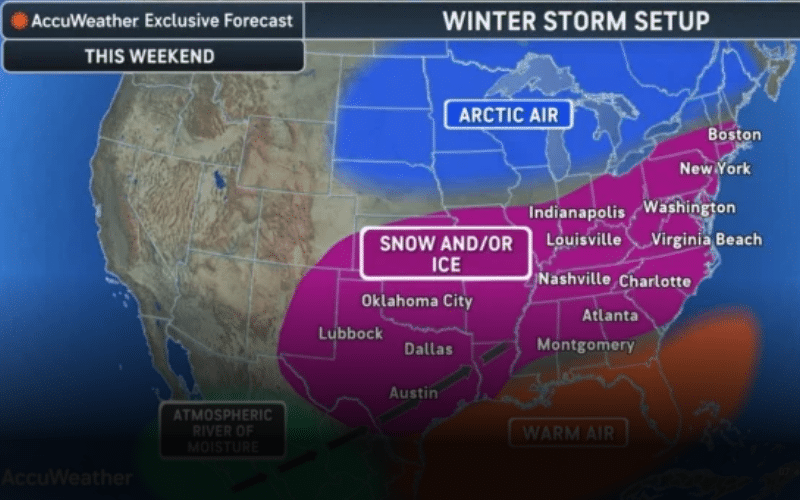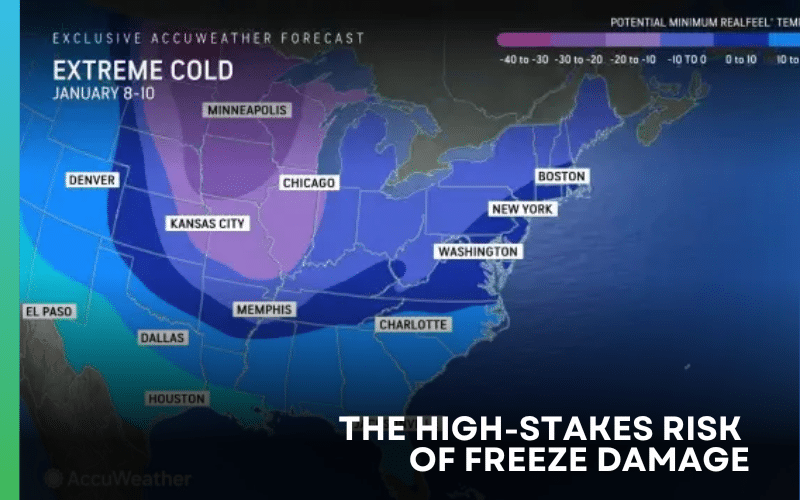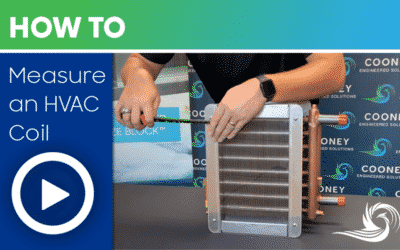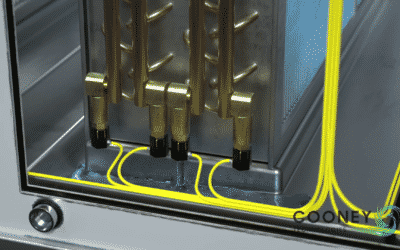Have the HVAC coils in your commercial building frozen? Use this as a guide to troubleshoot and determine the root cause of the freezing event.
*Note each end-user sets ATC programming logic as they see fit. Situations will vary from coil to coil. The following list reviews the basics in determining the root cause of coil freezes and can be used as a troubleshooting checklist.*
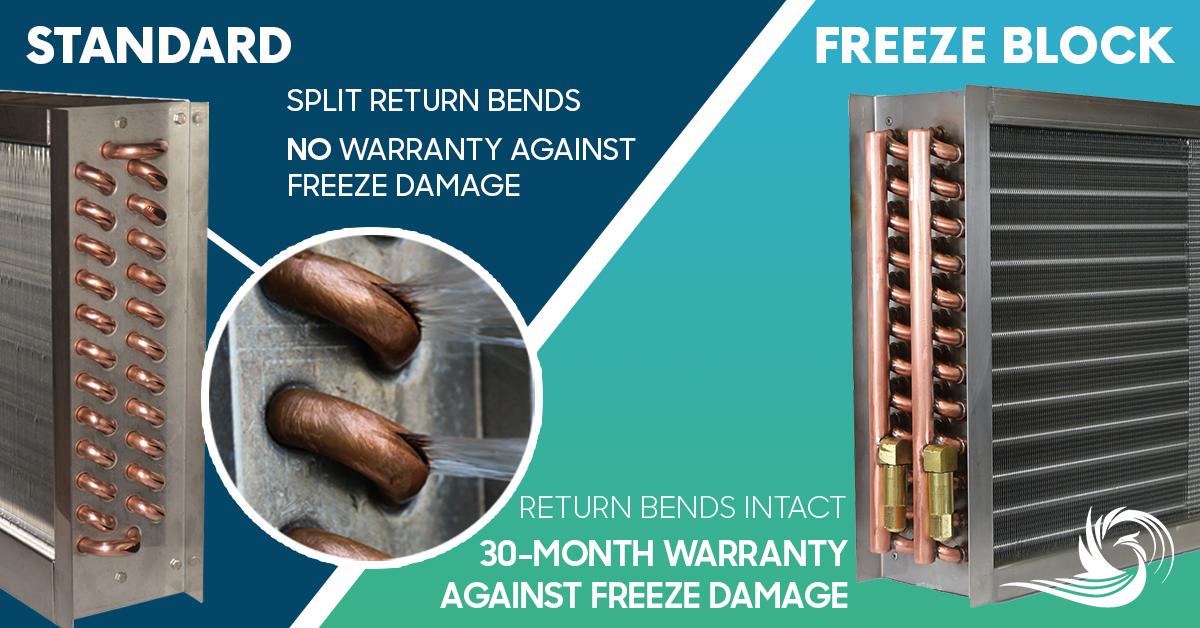
The Best Freeze Protection
Even with safeguards in place on a standard coil, mechanical failure, human error, and extreme weather conditions can allow freezing air to reach vulnerable coils causing them to freeze, bulge and split.
Until now better technology for freeze protection was unavailable. For superior HVAC coil freeze protection consider replacing critical coils with Cooney Freeze Block Coils.


